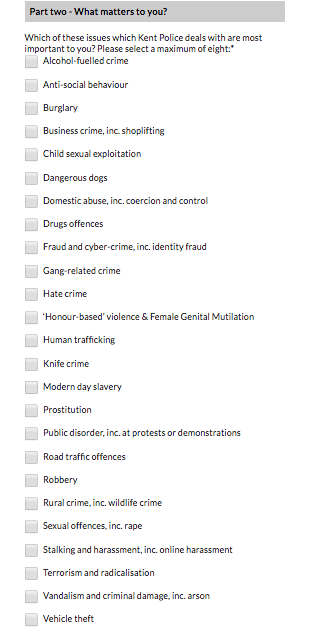I was pleased to read in Community Care that
a local authority which had been experiencing acute problems in retaining
children’s social workers has pursued a successful strategy to improve
workforce stability.
In a re-inspection of West Berkshire Council,
Ofsted found that the vacancy rate for children’s social workers had reduced to
10%. The inspection report concludes that children receiving services from the
authority are now benefiting from what it describes as “stable, warm and
helpful relationships with their social workers and foster carers”.
This provides for a retention bonus, up to
three months’ retention leave after three years’ service, employment of a
recruitment and retention specialist, relocation allowances, employing
additional family support workers to support children’s social workers and more
help in owning and running a car for work purposes.
This focus on what Herzberg calls ‘hygiene
factors’ builds on the views of a group of West Berkshire Social Workers who
told managers in 2014 that 'Nobody does this job for the money, but a
competitive salary/package would help recruitment and retention'.
But, to its credit, the strategy also recognises
the crucial importance of Herzberg’s motivators
in recruiting and retaining staff. It introduces better support and supervision,
a social work academy to support newly qualified staff and stresses the importance
of a good working environment, concluding that:
“Child Protection can be a frightening and
dangerous role. Social Workers face threats and intimidation on a regular basis.
Consequently it is essential staff return to safe and secure team environments
where they can discuss complex case issues and debrief with colleagues
following home visits.” (paragraph 5.2.1)
There may be some who think that this type
of ‘retention package’ is expensive. Clearly many of the benefits involved do
not come free of charge, but the costs have to be weighed against the costs of not retaining children’s social workers.
These include the costs of having to cover vacancies using agency staff, the
costs of trying to recruit to vacant posts (advertising, interviewing etc.) and
the costs of long-term sickness which is often a consequence of overwork and
stress. Perhaps most importantly are the costs
of poor quality, such as children coming into care because they cannot be
adequately supported in the community or the costs of re-work when a case needs
to be revisited because of mistakes and quality shortfalls resulting from frequent
staff changes or absences.
Not to mention the costs of having negative
Ofsted inspections, with all the expense and disruption that a finding of ‘inadequate’
brings.
I do not know the details of how these
costs are actually working out in West Berkshire, but I suspect that the
long-term cost of doing things right will be less than the long-term costs of
doing things badly. And I hope that the authority will go from strength to strength
in continuing to implement its strategy in future.
I don’t know where the pervasive idea came
from that the best way to get value-for-money from children’s social workers
was to treat them badly, but it has certainly been a feature of the UK scene
for many years. A command and control ethos saw the introduction of more and
ever tighter procedures, making it increasingly hard to do a good job. There
were timescales and targets and formal assessment instruments which, with the
benefit of hindsight, almost seem to have been designed to impede good
practice. [1]
Then there were IT systems which were hard
to use, frustrating and demanding of time. Initiatives such as more efficient
use of office space, culminating in some areas in ‘hot-desking’, and the
effects of the public sector pay cap, which has meant in many cases falling
salaries, added further to an unhealthy recipe for dissatisfied and demotivated
employees.
But all of these de-motivaters pale into insignificance when compared to the impact of the surrounding culture of blame and fear. That is why West Berkshire's commitment to creating "... safe and secure team environments where (social workers) can discuss complex case issues and debrief..." is so important.
There are still many places where management practices of blame, command, control and bureaucracy are still the norm. Thank goodness that there are
some places like West Berkshire that appear to be successfully reversing these unhelpful
trends.
Notes
[1] K. Broadhurst D. Wastell
S. White C. Hall S. Peckover
K. Thompson A. Pithouse D. Davey
“Performing ‘Initial Assessment’: Identifying the Latent Conditions for
Error at the Front-Door of Local Authority Children's Services” Br J Soc Work
(2010) 40 (2): 352-370.
